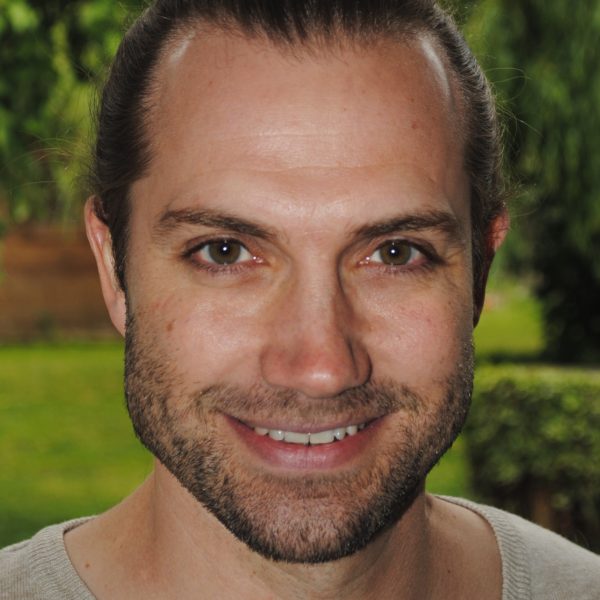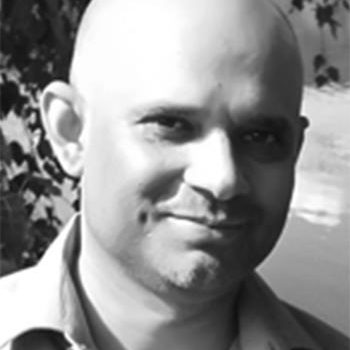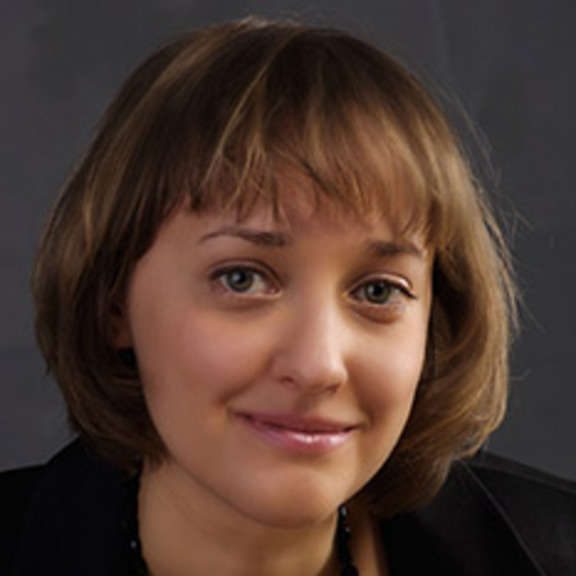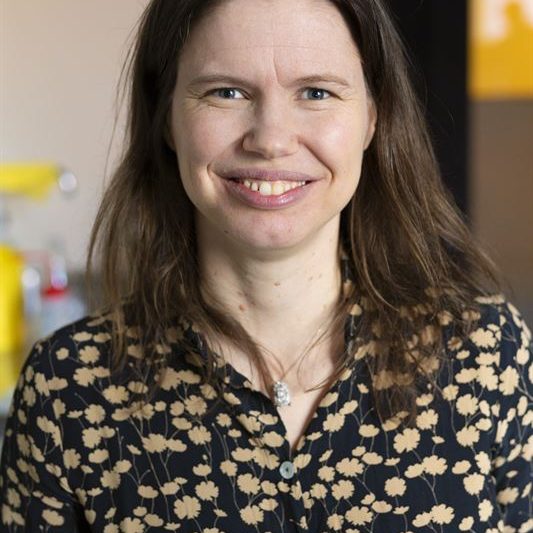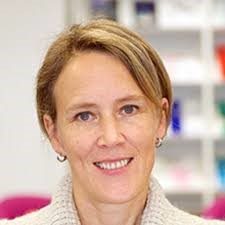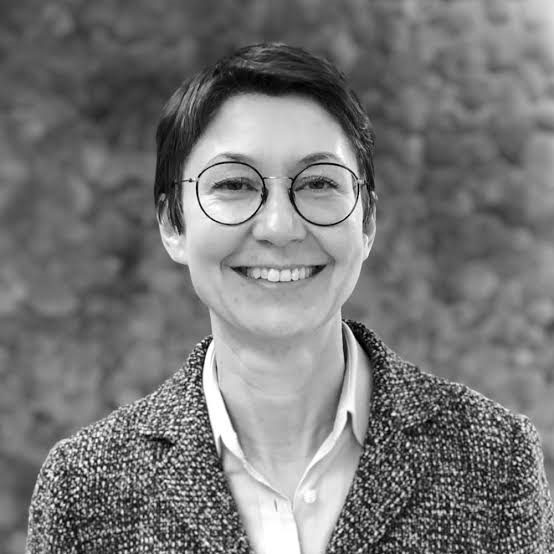The programme of the conference is available here.
Please address all questions regarding registration and payment to the ESF: eai@esf.org and NOT to the EAI chair (he cannot help you)!
Unfortunately, no refunds are possible after the 31st of March.
Main scientific sessions are planned covering the following themes:
Programme
The scientific programme will consist of invited talks (35 + 10 minutes) and contributed talks (12 + 3 minutes) as will as poster sessions. There will be, amongst others, the following keynote speakers at BEACON 2025:
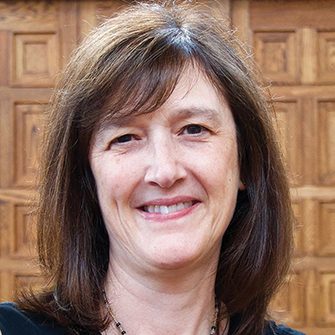
Barabara Sherwood-Lollar
University of Toronto, CA
In addition to the scientific programme, there will be a conference dinner at Perlan carousel restaurant. Also outreach events for the general public will be held.
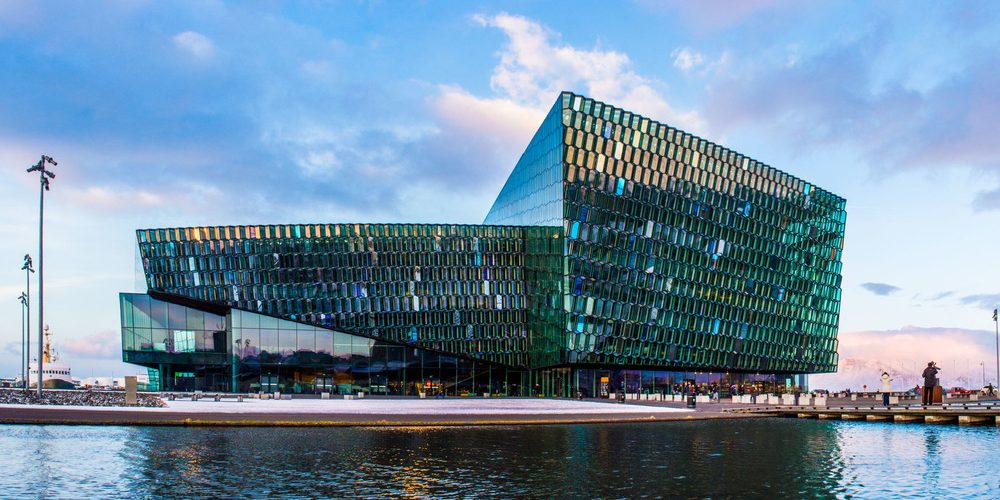
The meeting venue, Harpa is centrally located in Reykjavík and equipped with state-of-the-art technology. Flights are operated to Leifur Eiriksson Airport at Keflavík from many cities in Europe and America and very cheap flight alternatives are available. There are very good bus connections from the airport to downtown Reykjavík. Harpa is also close to one of the major public bus stations.
Iceland offers a multitude of astrobiologically interesting locations (active volcanoes, geysers, solfataras, glaciers, hot springs, recent lava fields, Mars-analogue landscapes, etc). On 3 July 2025 we will offer several conference excursions to geological, historical and cultural sites.
There are plenty of hotels and holiday homes. We also offer hostel accommodation at cheaper prices.
Bursaries
A limited number of bursaries for students and early career scientists (up to 8 years from their first PhD. in a related field) from EAI institutions will be available. These bursaries will be given to participants submitting an abstract. Participants from EAI Institutions selected by the EAI for bursaries will be offered free registration, hostel accommodation in 4-6 bedded rooms in hostel (or a refund for the same amount if the hostel is fully booked) but have to pay for their travel and meals. But participants have to fund their travel on their own. There is no special application for the bursaries, just send in your abstract and tell us in the e-mail your justification for a bursary. Participants selected for the bursaries will be notified immediately after the application deadline (in good time before the registration deadline).
Satellite meeting of AbGradE and Oolen
There will be a satelite meeting of the Early Career Scientist organisations Astrobiology Graduates i Europe (AbGradE) and Europlanet Early Career Network (EPEC). from 26 to 29 June 2025. Please stay check the meeting website for details.
Venue and Access
Please check the Venue and Access page for details
Abstract Submission
Please check the Registration and Abstract submission page for details
Vulcanological situation
There is always a chance for some disruptions by eruptions in Iceland. The Reykjanes region has been very active during the last years. There has been some earthquake activity in the Bárðarbunga region on 14th January, prompting some volcanologists to predict an eruption there during the next years. While this is entirely possible one has to bear in mind that (a) the region is about 300 km from Reykjavík, (b) the lava from the eruption will flow northwards into an almost uninhabited area.
Disruptions in air traffic from an eventual eruption in Iceland cannot be ruled out, but one is much better prepared for such instances than before the Eyjafjallajökull.
We will follow all volcanological developments in Iceland very carefully. A good website to check is the one of the Icelandic Metorological Office (Veðurstofa), www.vedur.is.

